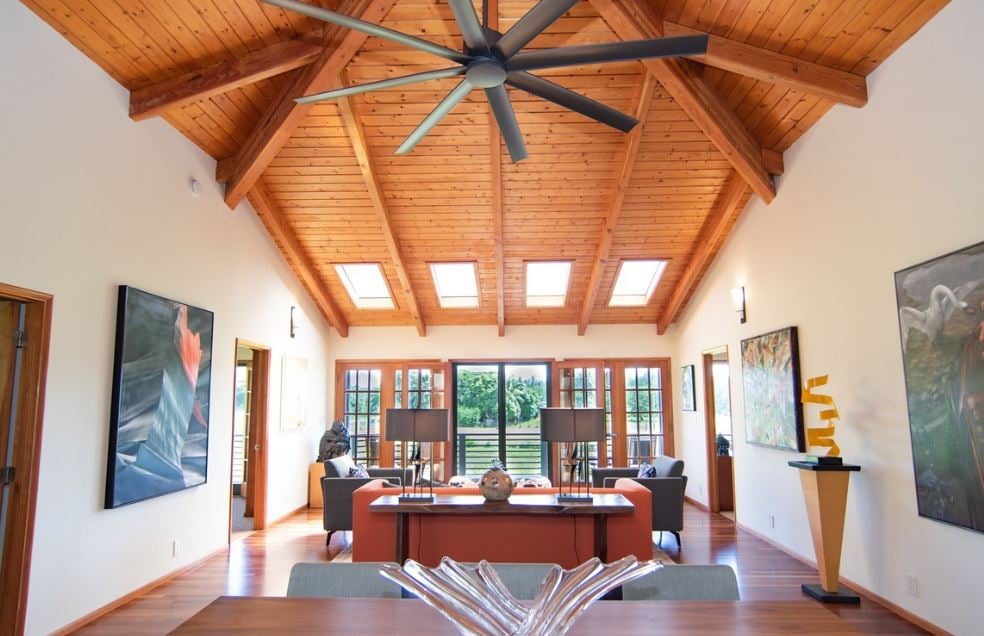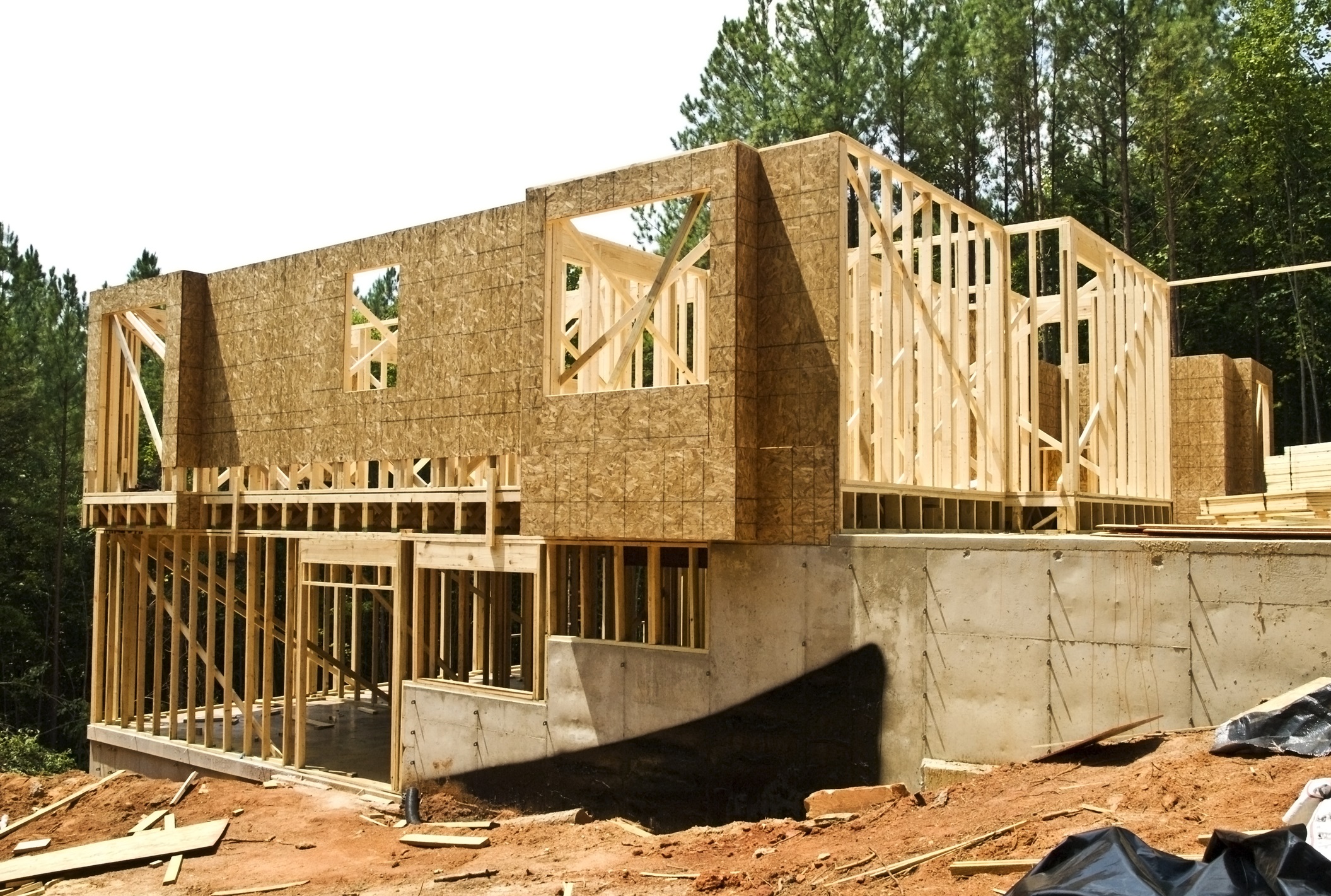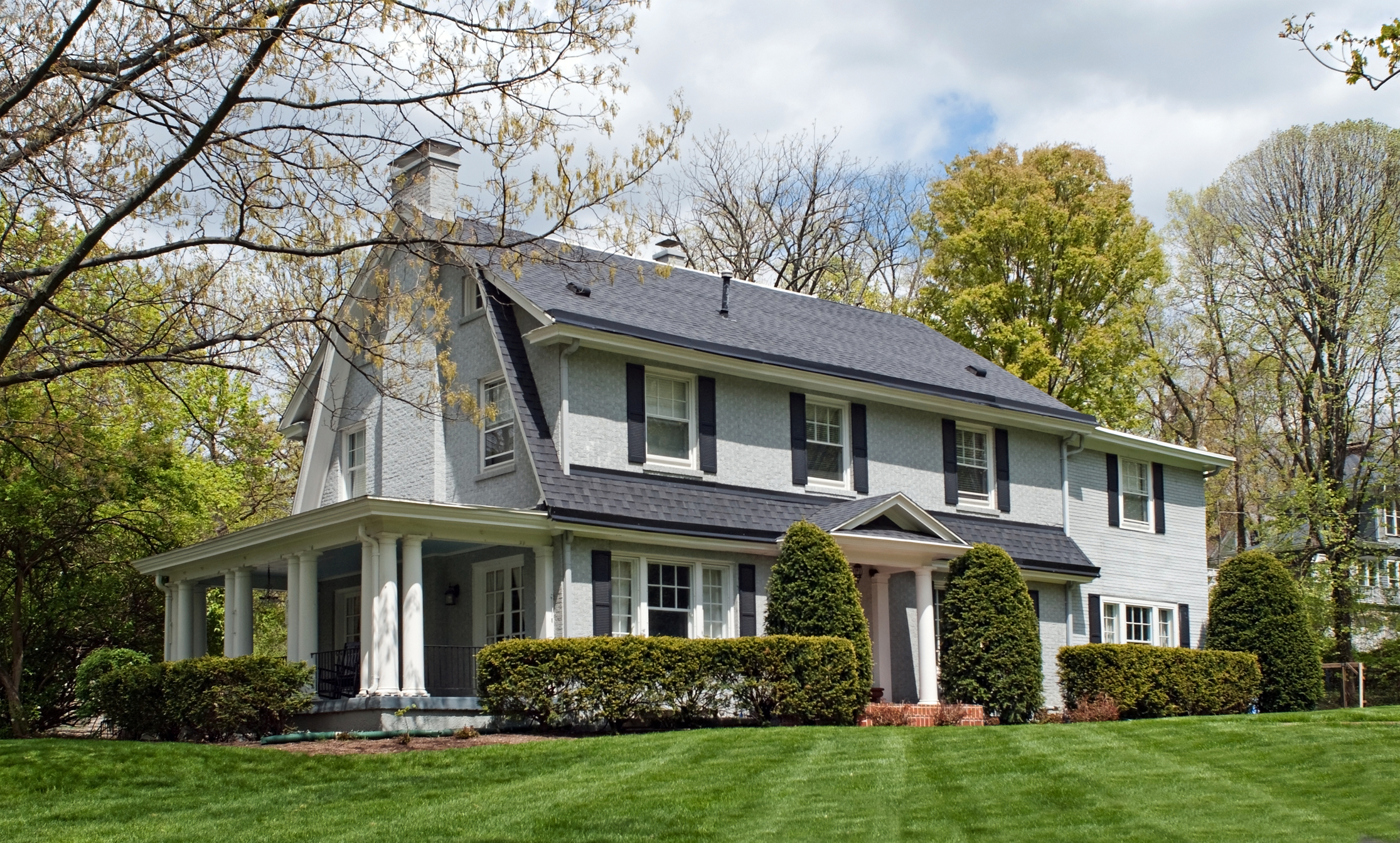How Much Money Do You Need to Flip a House?
If you’re acquiring a fixer-upper using a hard money loan, you should know how much money you'll need to flip the house. Most private money and hard...

If you're wondering how the payments on fix and flip plus rehab loans work, you’ve come to the right place. This blog post discusses how private money fix and flip plus rehab payments operate, equipping you with information to better understand your fix and flip financing options on your next project!
In the fix and flip business, understanding your financing options is half the battle.
Since the introduction of high-leverage rehab loans a decade ago, real estate investors have used this valuable financial tool to purchase and renovate properties without depleting their bank accounts.
When you acquire a fixer-upper using private financing for both the purchase and rehab costs, you’ll pay interest on the purchase money portion of the loan from day one.
In the chart below, I used a $400,000 purchase price with $100,000 rehab and an 80/100 loan structure (80% loan-to-value [LTV] purchase + 100% loan-to-cost [LTC] rehab):
| $400,000 | $100,000 | $500,000 | $320,000 | $100,000 | $420,000 | $80,000 | $8,400 | $1,995 | $6,500 | $3,500 | $1,400 | $101,795 | ||||
From the outset, you'll make interest-only payments on the $320,000 purchase money portion of the loan.
Payments on rehab financing vary depending on the lender that funds your fix and flip, plus the rehab loans. Some lenders only charge interest on funds drawn (stage funding) while others use Dutch interest, which requires payment on the entire loan amount — purchase plus rehab financing — from the very beginning.
Let's talk about the two main strategies lenders use: stage funding and Dutch interest.
Think of stage funding as your reliable partner through the renovation process. It's straightforward — you only pay interest on the money you've actually drawn. Many lenders offer stage funding to stay competitive in a robust market.
Stage funding is an attractive option for the busy house flipper because it holds down the costs of servicing expensive private money financing where interest rates hover in the 10.00% to 13.00% range. This approach is ideal for projects that take longer than expected, sparing you from interest on untouched funds. It's about efficiency and keeping costs manageable, one draw at a time.
With stage funding, you may have 2-3 construction draws. In the example above where the rehab budget was $100,000, you might have two $50,000 draws and only pay interest on the money once it's been released.
Then there's Dutch interest. This method doesn't beat around the bush: you pay interest on the full loan amount right from the start, regardless of how much you've actually used. While the higher upfront costs might strike you as less appealing, it can simplify the financial side of your project — especially when speed and simplicity are top priorities.
Lenders that charge Dutch interest on their fix and flip plus rehab loans are often taking on a greater risk, and may be the only financing option available to that particular lender or project. In exchange for taking a gamble on these borrowers, they charge more for their money and add it to the entire loan amount from the start.
A fix and flip plus rehab loan using Dutch interest would have the following payment from day one:
Conclusion: The Path to Profit
Knowing how fix and flip plus rehab payments work is an important aspect of your business — not just for the success of your current project but for your long-term future as a successful investor. Whether your lender offers stage funding or Dutch interest for rehab payments, the end goal is always the same: transforming a property with potential into a profitable sale.

If you’re acquiring a fixer-upper using a hard money loan, you should know how much money you'll need to flip the house. Most private money and hard...

With a stage funding construction loan, the borrower only pays interest on the amount of money already disbursed. This means the borrower doesn't pay...

Dutch interest is a method that charges interest on the entire construction loan amount, even if only a portion has been disbursed to the borrower....